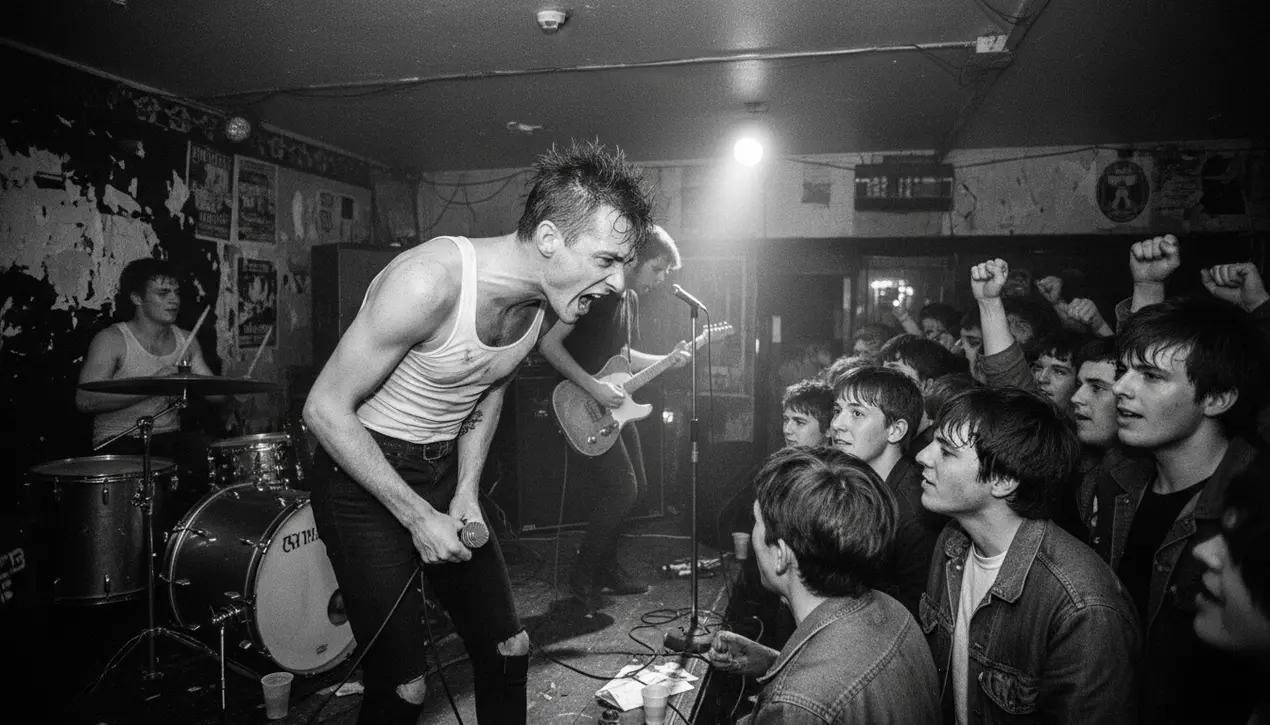
EntertainmentmoviesNew Releases
Key Origins of the Alternative Rock Movement in the Late 1970s.
BR
Brian Miller
3 hours ago7 min read3 comments
While the roots of alternative rock undoubtedly snake back through the paisley haze of the 1960s, it was the raw, unvarnished moments of the late 1970s that truly forged its defiant identity, a seismic shift best exemplified by the primal scream of Iggy Pop's 'Lust for Life'. Emerging from the smoldering wreckage of his Berlin-era collaborations with David Bowie, the track was more than just a song; it was a manifesto, a shot of pure, unadulterated adrenaline straight into the heart of a complacent music scene.With its iconic opening drum beat—a Motown riff stripped of all polish and repurposed for a new, grittier rebellion—and Pop's desperate, joyous snarl, it rejected the bloated theatrics of prog rock and the slick, corporate sheen of disco that dominated the airwaves. This was the sound of the underground, a sound born in the dives of Detroit and the concrete bunkers of Cold War Germany, a sound that prioritized raw feeling and artistic authenticity over commercial viability.It was a direct descendant of the Velvet Underground's art-damaged noise and the Stooges' own proto-punk chaos, but 'Lust for Life' crystallized that energy into something both accessible and utterly dangerous, providing a blueprint for the countless college radio bands and indie labels that would sprout up in the 1980s. You can draw a straight, feedback-scorched line from that single's relentless drive to the jangle-pop of R.E. M., the gothic angst of The Cure, and the slacker ethos of Pavement. It wasn't just a hit; it was a declaration of independence, proving that there was a vibrant, passionate audience hungry for music that spoke to the complexities of real life, music that wasn't afraid to be ugly, beautiful, and profoundly human all at once, setting the stage for a movement that would, a decade later, finally crash the mainstream gates.
#alternative rock
#music history
#Iggy Pop
#Lust for Life
#1970s
#genre origins
#featured
Stay Informed. Act Smarter.
Get weekly highlights, major headlines, and expert insights — then put your knowledge to work in our live prediction markets.
Related News
Comments
Loading comments...
© 2025 Outpoll Service LTD. All rights reserved.